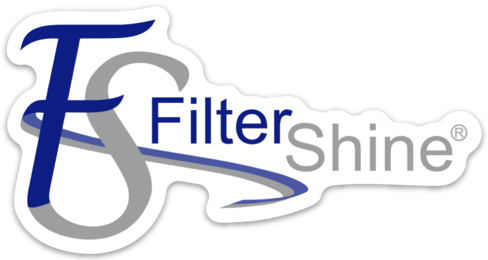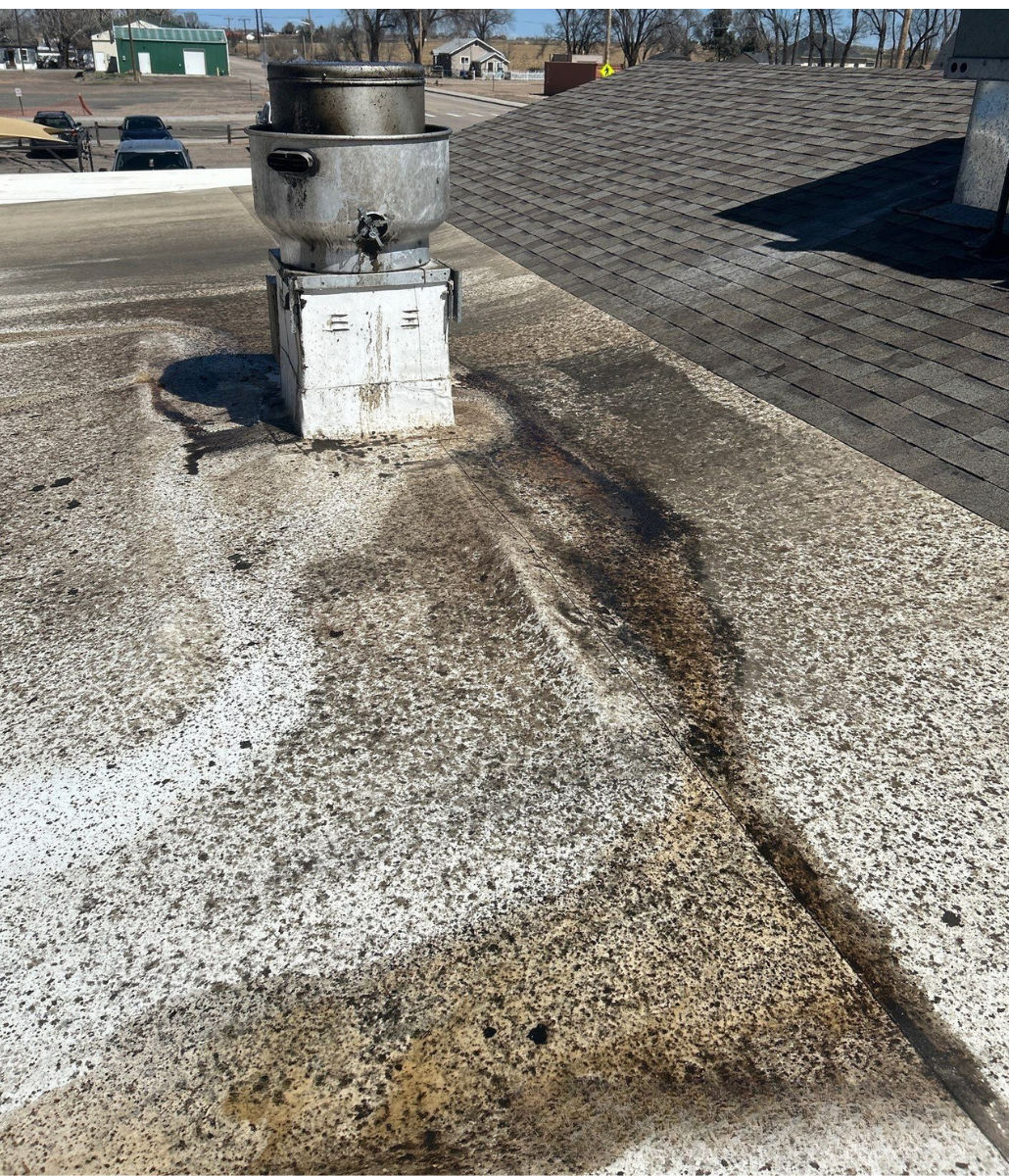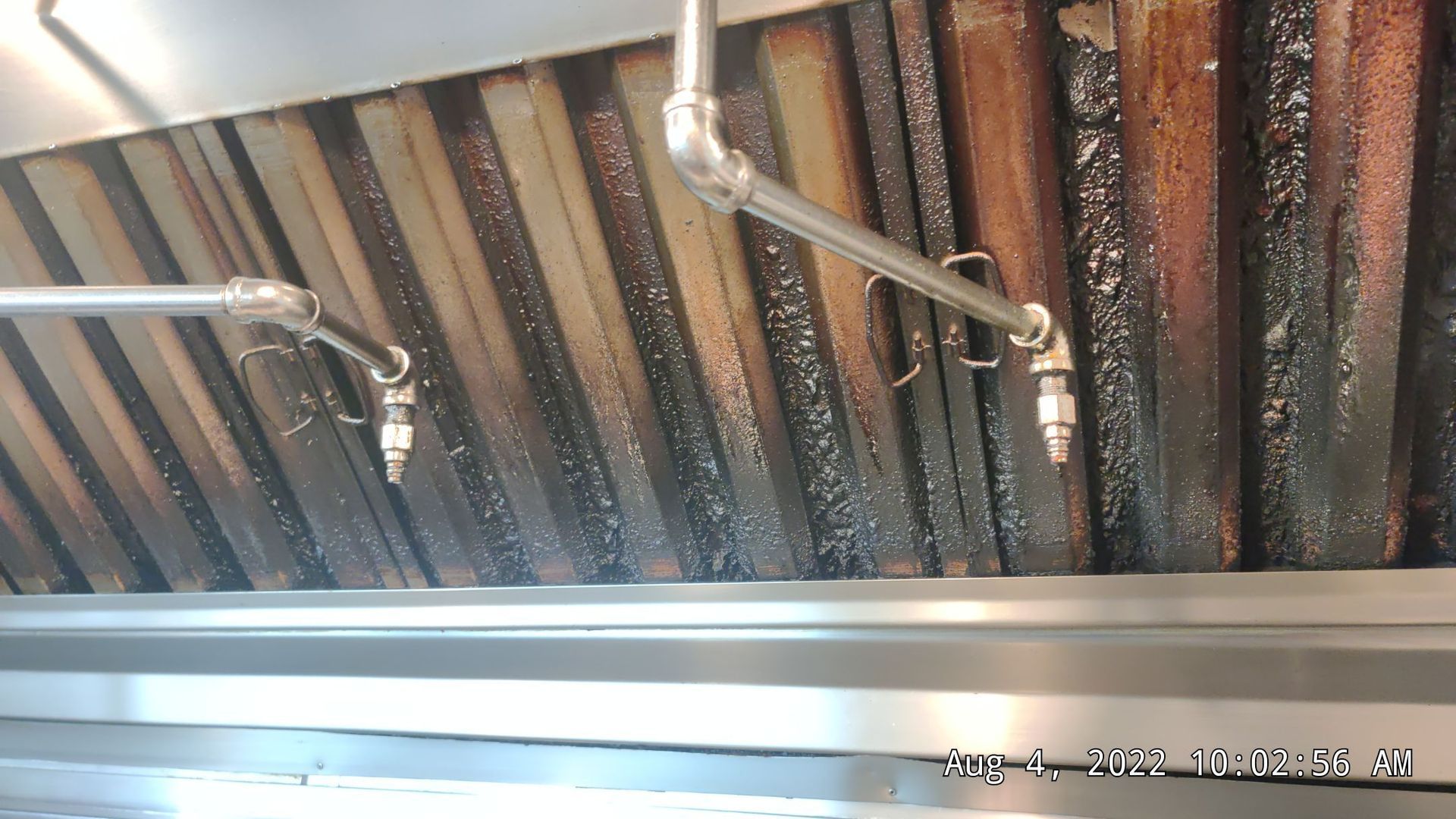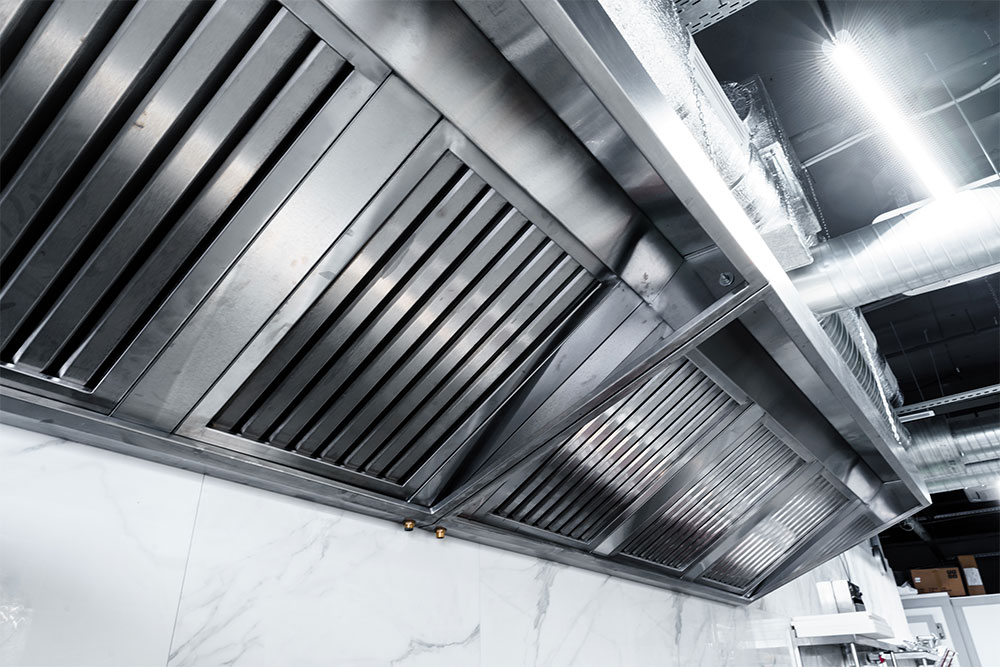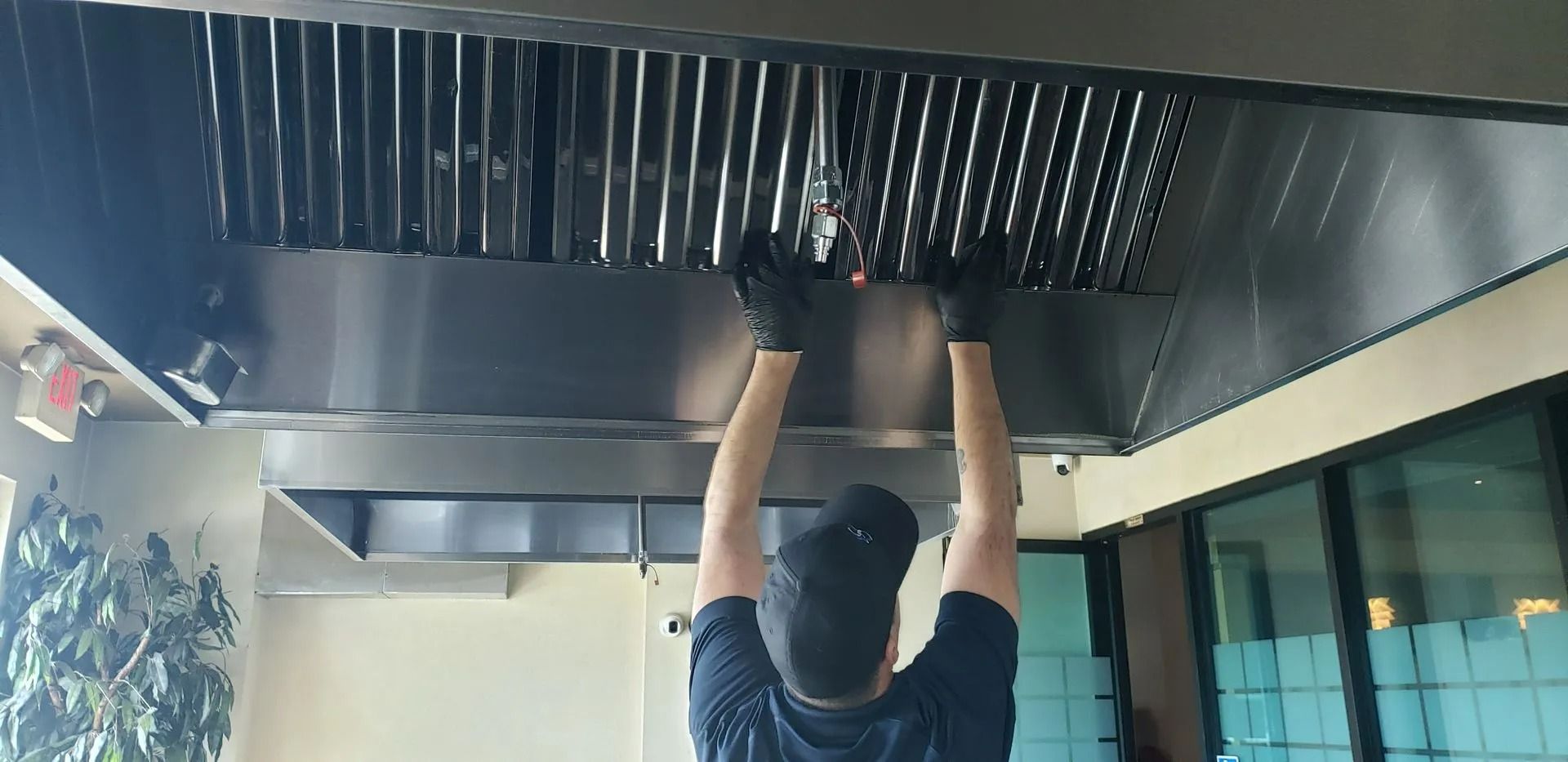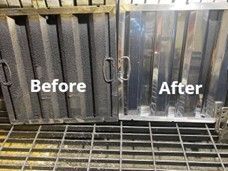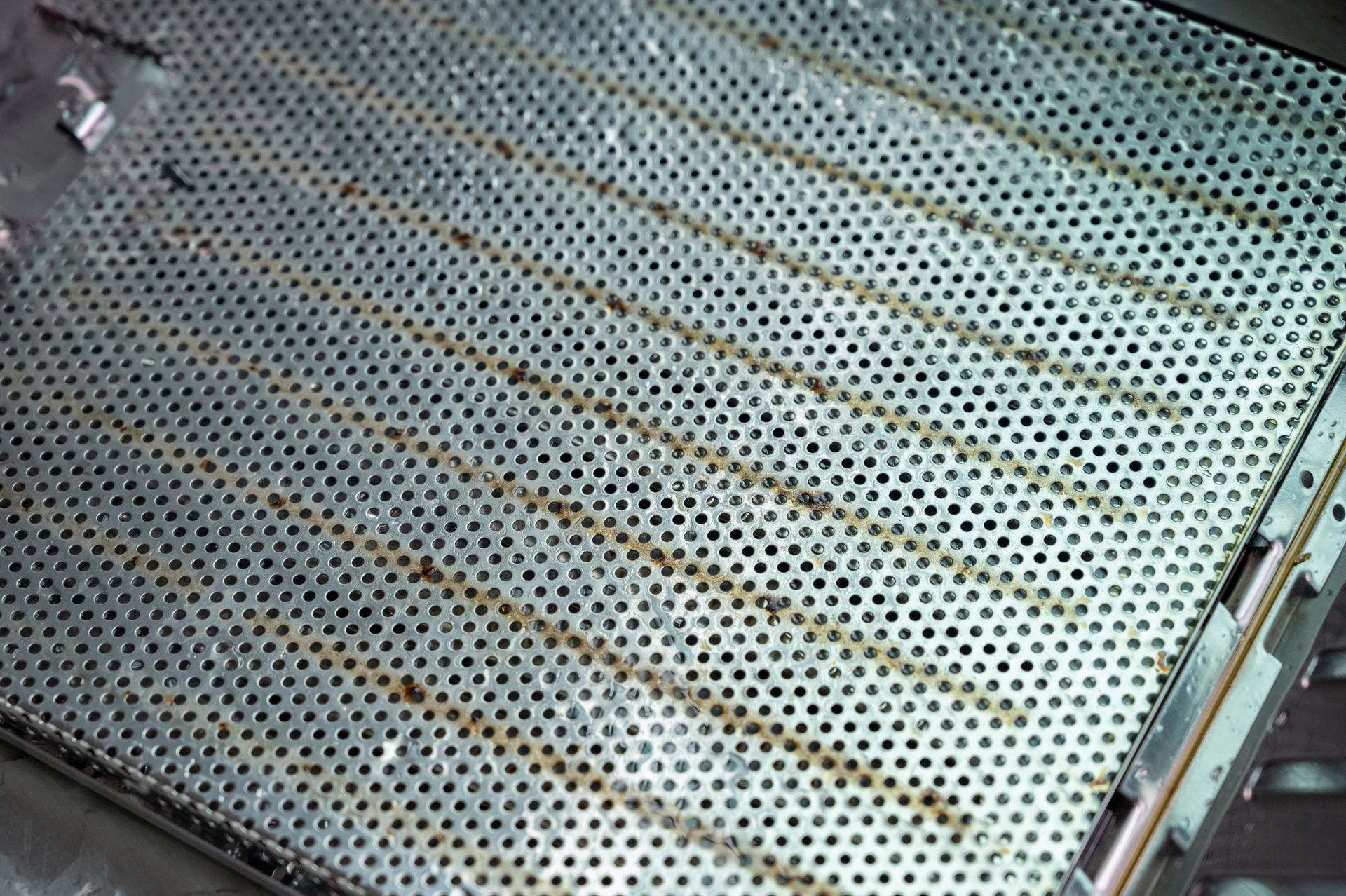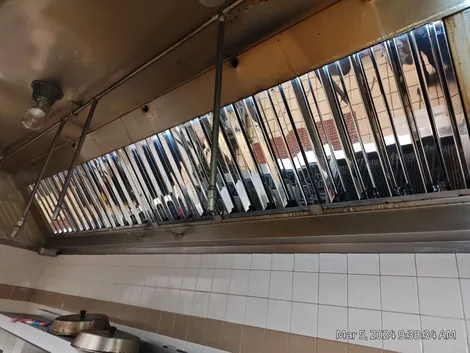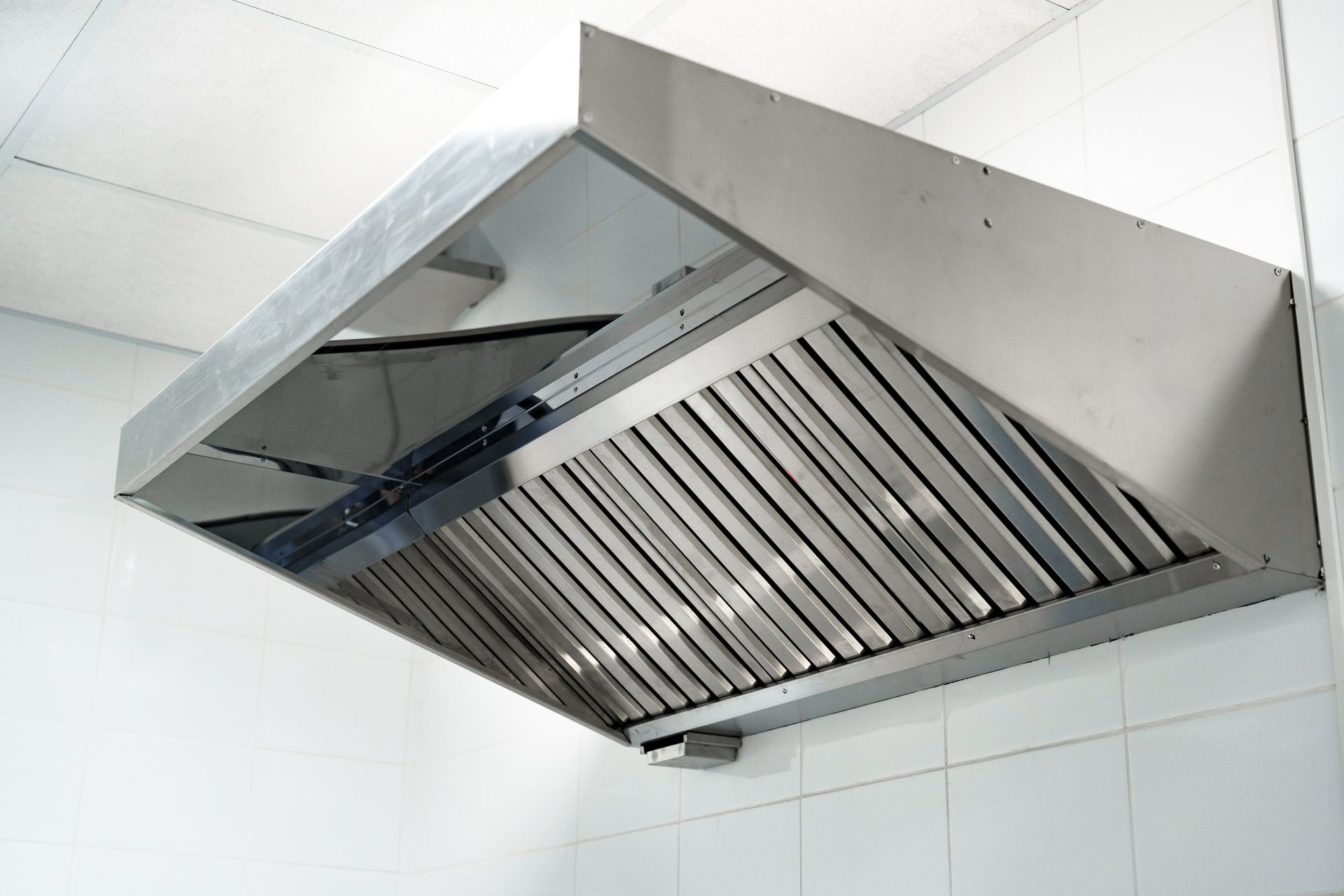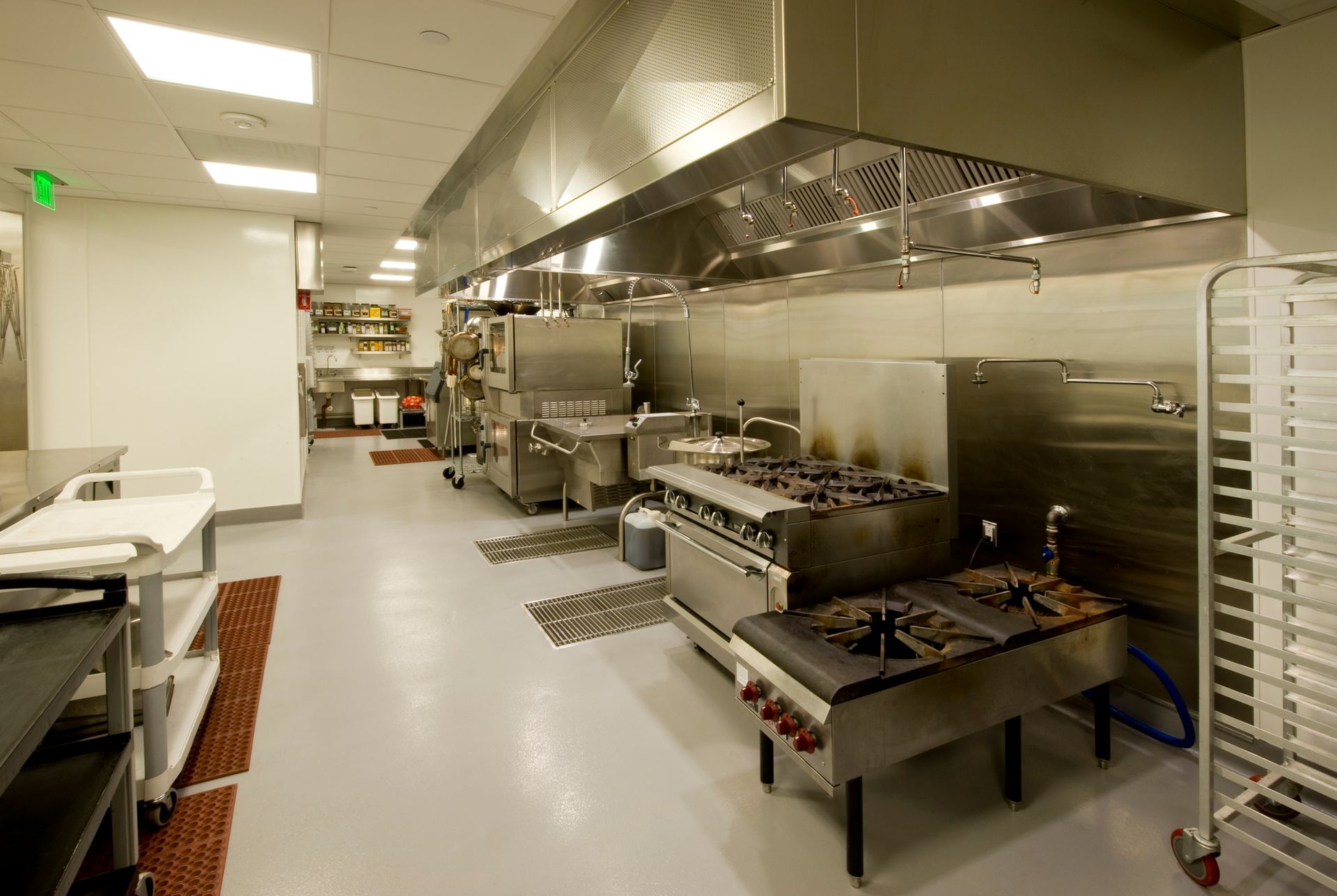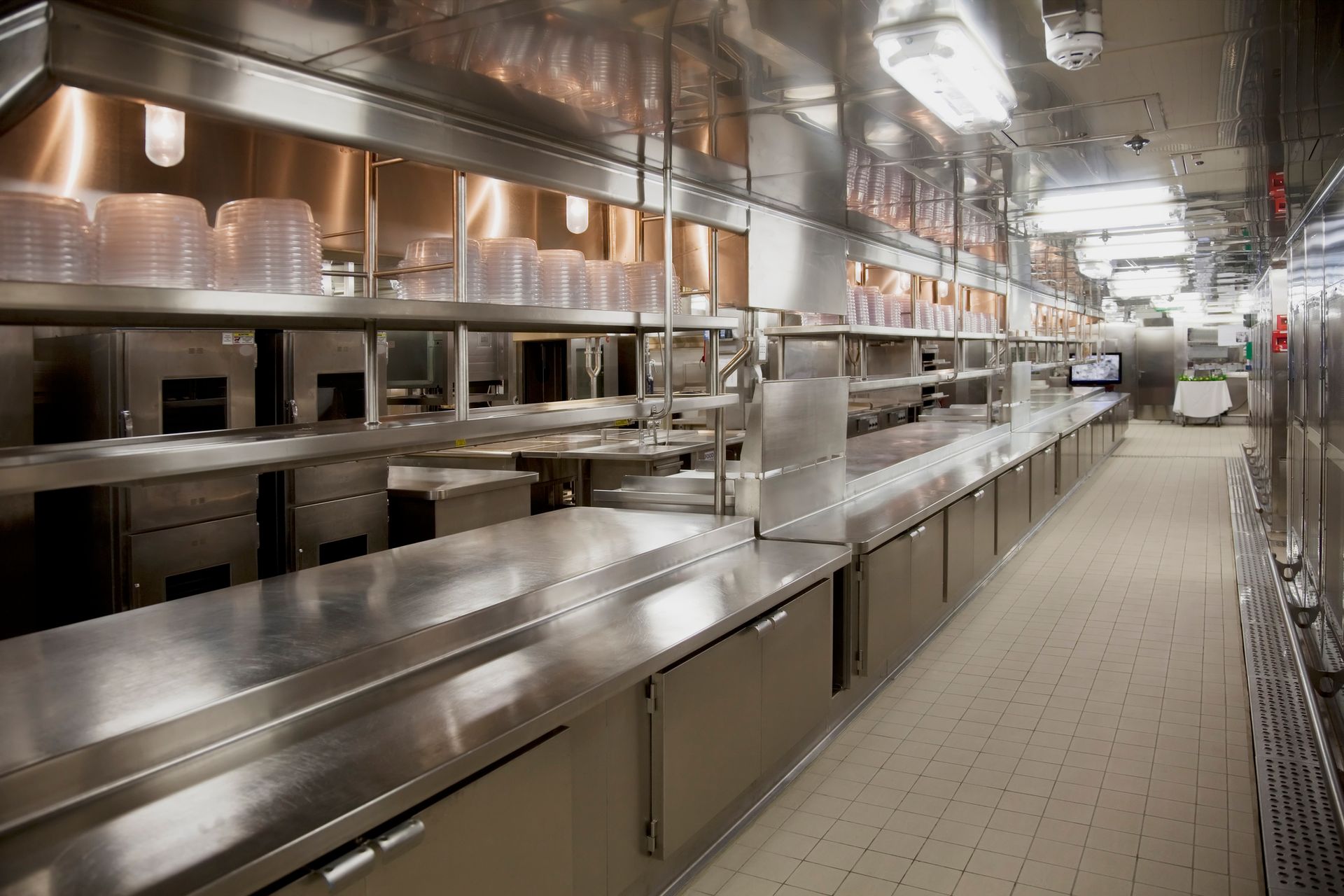By Eric Dyer
•
December 17, 2025
Summary: Hood Filters: Nine Service Report Tips for Hood Cleaning Technicians Hood filters are a required frontline fire-safety component under NFPA 96 and must be in place whenever cooking equipment is lit. When properly installed and maintained, UL-listed baffle filters serve two critical purposes: they act as a flame barrier that disrupts and cools flames, and they capture grease-laden vapors before they enter the plenum, ductwork, and exhaust fan. The article explains that filters only work as designed when their metal surfaces are clean, allowing grease vapors to condense, drain through weep holes, and flow into the hood’s grease management system. When filters are grease-coated, misaligned, damaged, or missing, they stop functioning, allow heavier grease to pass downstream, and can even become fuel themselves, significantly increasing the risk of a ventilation fire. The article also highlights “hidden impacts” neglected filters create beyond the hood, including grease accumulation in ducts and rooftop grease mist often mistaken for hood cleaning overspray, plus serious reliability threats to fire suppression systems (fusible links, detection line conduits, pulleys, and nozzles) that can delay or prevent system activation. It provides nine service-report inspection tips for hood cleaning technicians, emphasizing photo documentation to protect the hood cleaning company and to educate restaurant operators on code-compliant practices such as proper filter fit, UL listing, weep-hole orientation, avoiding mesh filters, using matched filter types, addressing solid-fuel spark arrestor requirements, replacing damaged filters, and preventing cooking without filters. Finally, it explains how sink-washing filters with emulsifying degreasers can contribute to grease-trap and sewer problems, and it promotes partnering with reputable filter exchange or soak-tank service companies to keep filters functional between cleanings and strengthen overall kitchen fire prevention. Read Full Article Here: https://flip.matrixgroupinc.net/ikeb/2025/fall/#page=8
